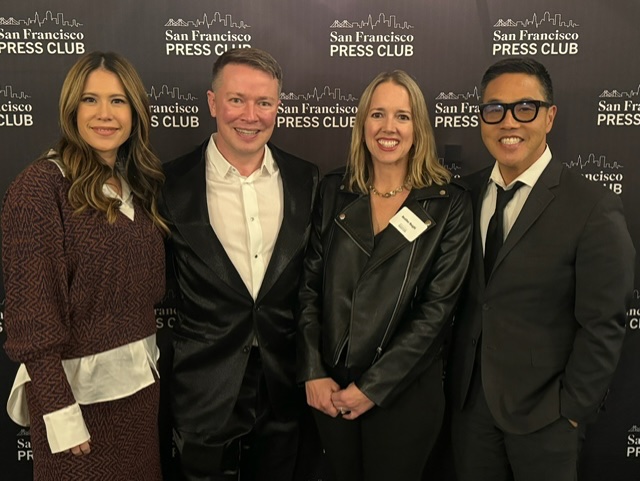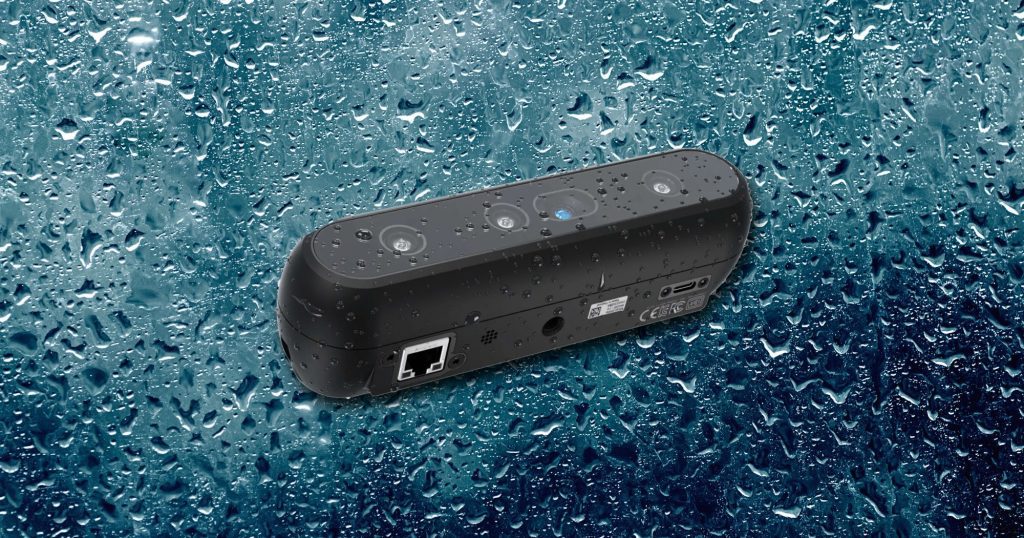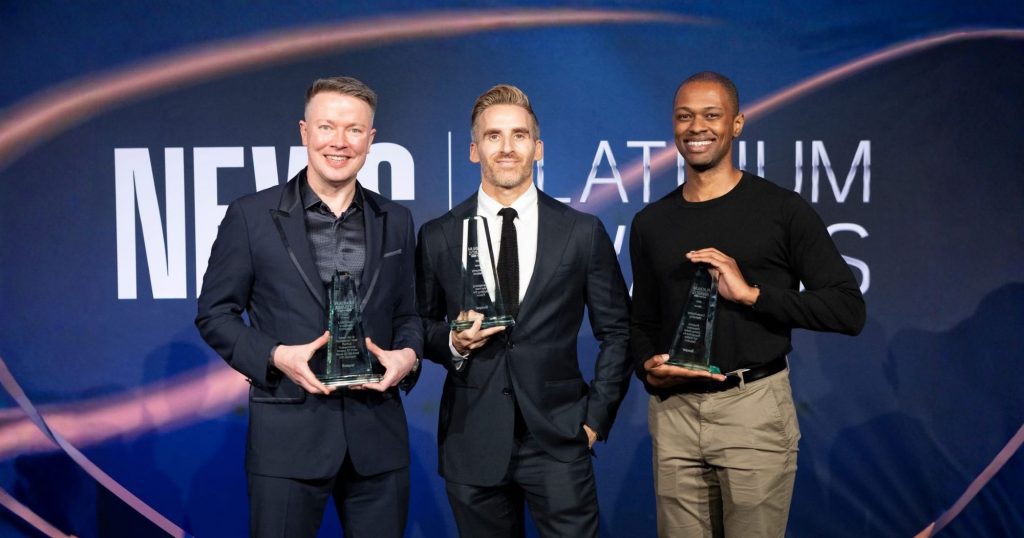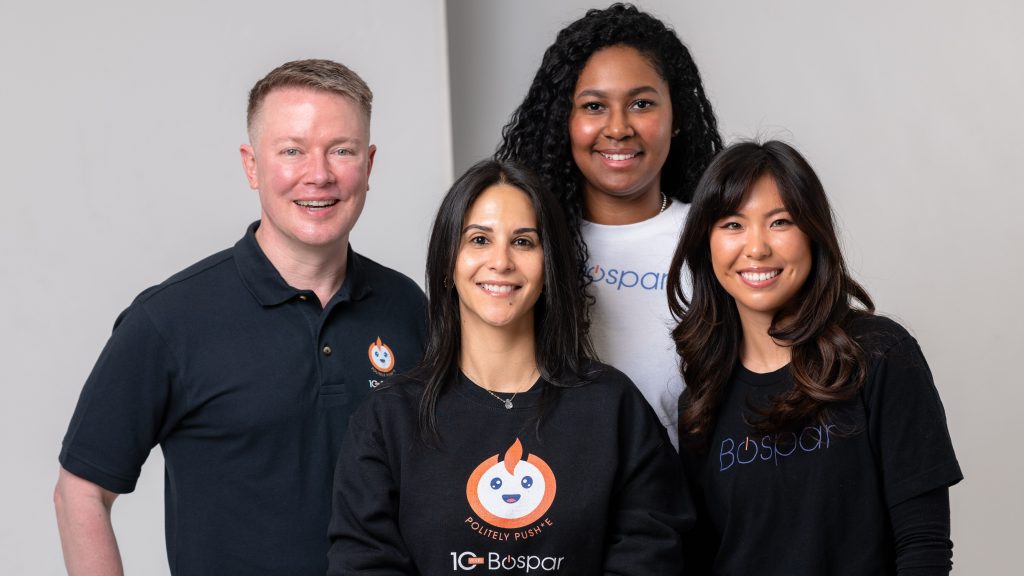Picture this: You’re preparing for a big media interview, and you shoot off a friendly email to the reporter asking for their questions ahead of time. It seems reasonable, right?
After all, at our public relations firm, Bospar’s content creators work with clients to craft articles and blogs by providing questions in advance, interviewing subject matter experts and writing articles based on the spokespersons’ insights before sharing them for review and approval.
The communications specialists at our media relations firm are more than happy to share questions in advance. It’s another opportunity to ensure we’re aligned with clients on angles and expectations, and it gives subject matter experts who will be talking to media time to think through their answers.
So it’s completely understandable that some clients expect the same courtesy from reporters.
Reality check: Most journalists don’t work that way, and there are compelling reasons why.
Muffling the Magic That Can Lead to Compelling Stories
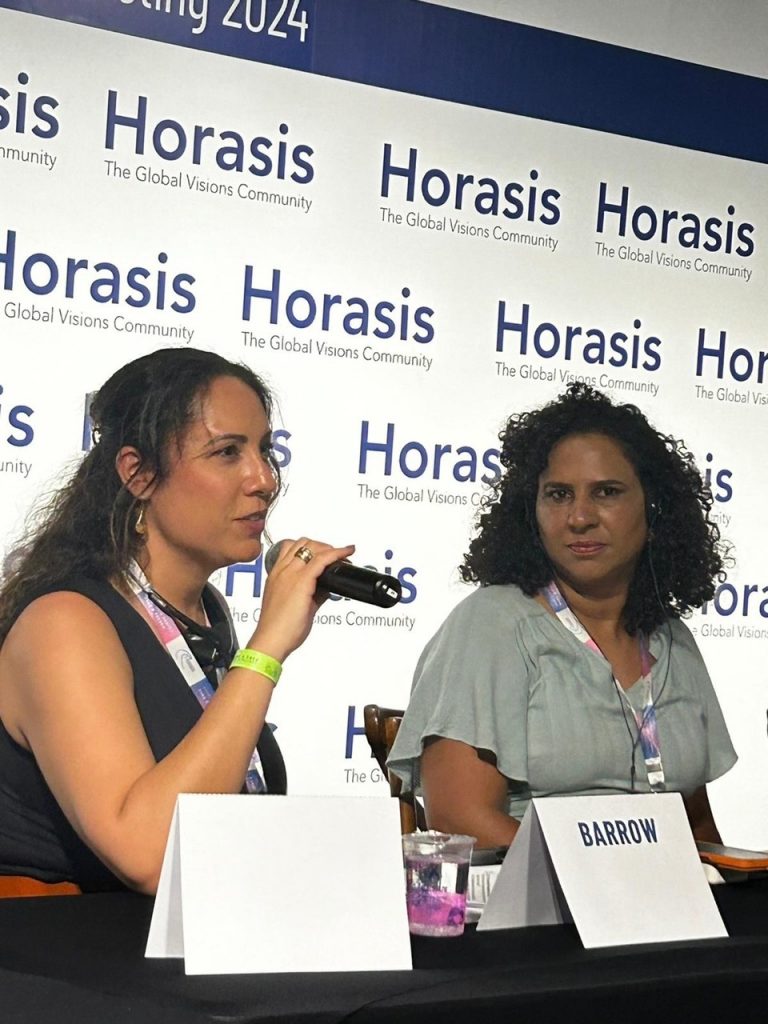
Bospar Vice President Carole Barrow, a former journalist who served as managing editor of South Bay Magazine and has been published in prestigious outlets like Architectural Digest, explains that it has never been a standard practice for reporters to share questions in advance.
“The problem with providing questions ahead of time is that interviewees often cling too closely to their prepared answers,” she says. “This creates a stiff interview with limited room for the exchange of ideas or those magical sparks of discovery that make for compelling content.”
Former CBS and NBC assignment manager Ryan Quintana, now a Bospar account director, recalls that his former employers had strict policies against correspondents and editors sharing questions with interview subjects. “We felt as a station that it devalued the responses and created a less authentic process,” he says.
Inviting Authenticity for Quality Conversations
“A journalist’s worth is largely judged by his or her ability to gain insights from the interviewee that go beyond what other journalists have gotten,” contributes Bospar Principal Chris Boehlke. “These insights are spontaneous and from the heart. Giving an interviewee an advance question list would be like telling them to write an ad instead of conducting an interview.”
Think about it: When was the last time you read a truly memorable quote that sounded like it came from a corporate communications playbook? Exactly.
Tomio Geron, who joined our PR agency after working as a reporter for top-tier outlets like Forbes, Protocol and The Wall Street Journal, puts it this way: “Reporters and editors want honest, conversational quotes, not rehearsed or robotic soundbites. They want it to be a conversation. If they share questions ahead of time, the subject will simply read from a script.”
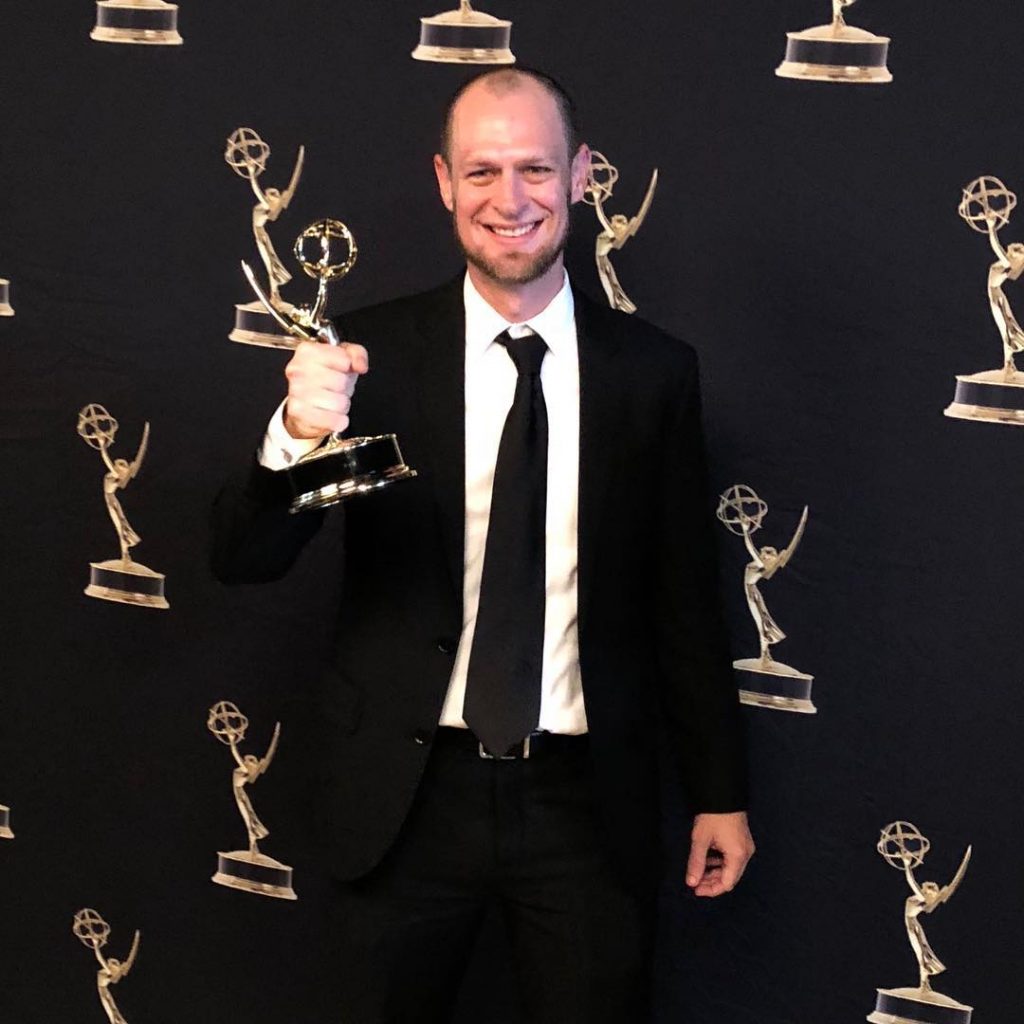
That said, Tomio notes that some reporters are open to sharing a general list of topics they plan to discuss. Requesting such a list is absolutely a fair ask, he adds.
Understanding the Reality of Modern Newsrooms
Another factor working against advance question sharing is that journalists are stretched thinner than ever amid changes at news organizations – both publications and broadcast media.
Reporters face tremendous pressure to do more with less amid widespread layoffs that have decimated newsrooms across publications and broadcast media. Business Insider, CNN, the Los Angeles Times, TechCrunch, Vox Media and The Washington Post are just a few examples.
When columnists and news writers are juggling multiple stories, tight deadlines and shrinking resources, taking the extra time to compile and send questions in advance often isn’t practical.
If you ask a busy reporter to dedicate additional time to prepare and share their questions with you in advance, it may only repel that journalist when your goal is to build the relationship.
Getting Best Results By Doing the Homework
So, how can a company spokesperson best prepare for a media interview?
Come to the table with a great understanding of your own company’s messaging and a good handle on the broader landscape in your industry. Media training can also help you to be genuinely conversational, share authentic insights, and stay flexible and relaxed.
You’ll also want to have a strong sense of what the reporter covers and how they cover it, which can help you anticipate the questions they are likely to ask you during your conversation.
That’s a long to-do list. But with Bospar as your PR agency, you don’t have to do it alone.
Bospar’s messaging experts will help you craft and align on what you say and how you say it.
Our broadcast media experts with provide the bespoke media training you need.
The media relations managers at Bospar will also analyze the reporter’s previous articles to anticipate what questions they will ask of you; share those questions and suggest talking points for each; and provide all of that intel in a briefing sheet that’s easy to understand and consume.
With Bospar as your communications agency, you will be positioned for media success.
